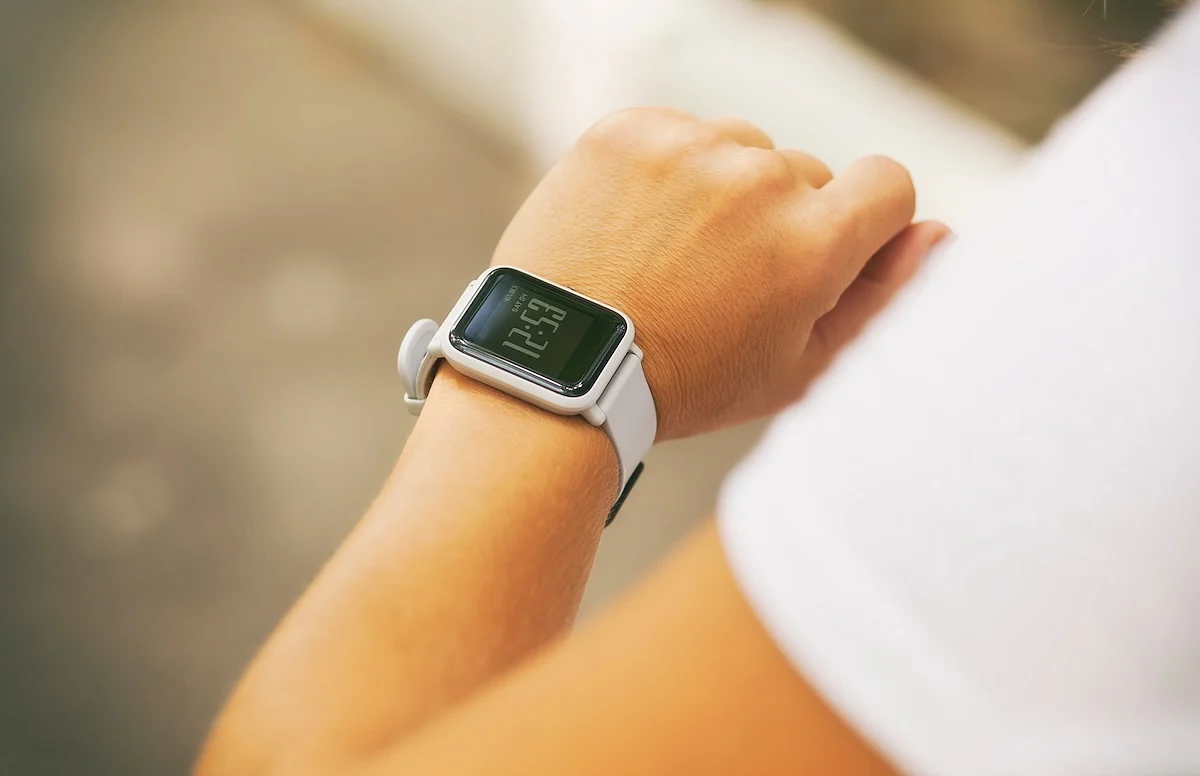Study Finds Better Way For Smartwatches to Track Health
MONDAY, March 24, 2025 -- Folks frequently use their smartwatches to monitor their daily step count, aiming to get enough physical activity to improve their health.
But smartwatches are tracking another measure of health that could prove even more important, a new study suggests.
Smartwatches also capture a person’s average daily heart rate, and dividing that by their daily number of steps provides a more reliable measure of a person’s heart fitness than either number on its own, according to research to be presented in Chicago Saturday at a meeting of the American College of Cardiology.
“The metric we developed looks at how the heart responds to exercise, rather than exercise itself,” lead researcher Zhanlin Chen, a medical student at Northwestern University Feinberg School of Medicine in Chicago, said in a news release.
“It’s a more meaningful metric because it gets at the core issue of capturing the heart’s capacity to adjust under stress as physical activity fluctuates throughout the day,” he added. “Our metric is a first attempt at capturing that with a wearable device.”
Generally, people are recommended to get 10,000 steps a day, although the number has varied from study to study.
For this new study, researchers analyzed data from nearly 7,000 American adults who provided Fitbit data and their electronic health records to an National Institutes of Health research program.
All told, the data reflected 51 billion total steps taken and 5.8 million person-days, or the amount of work done by one person on one day.
People with a higher heart rate per step -- indicating their hearts must work harder to sustain physical activity -- were:
-
Twice as likely to have type 2 diabetes
-
1.7 times as likely to have heart failure
-
1.6 times as likely to have high blood pressure
-
1.4 times as likely to have clogged arteries
Results also showed that elevated heart rate per step was more strongly associated with heart disease diagnoses than either daily heart rate or step count alone, researchers said.
However, no relationship was found between the new measure and risk of either stroke or heart attack.
Based on these findings, researchers said that heart rate per step could be used to identify people who might benefit from more heart health screening, or from exercises that would improve their heart function.
The metric is simple enough that people can calculate it on their own, Chen said, or it could potentially be included in smartwatch apps.
In future studies, researchers plan to see if tracking heart rate per step across minutes rather than days would be even handier for doctors and patients.
“Wearables are welcomed by the consumer and worn throughout the day, so they actually have minute-to-minute information about the heart function,” Chen said. “That is a lot of information that can tell us about a lot of things, and there’s a need to further study how this detailed information correlates with patient outcomes.”
Findings presented at medical meetings should be considered preliminary until published in a peer-reviewed journal.
Sources
- American College of Cardiology, news release, March 20, 2025
Disclaimer: Statistical data in medical articles provide general trends and do not pertain to individuals. Individual factors can vary greatly. Always seek personalized medical advice for individual healthcare decisions.
© 2025 HealthDay. All rights reserved.
Read this next
Sepsis Risk Doubled With Type 2 Diabetes
FRIDAY, Sept. 19, 2025 — Type 2 diabetes appears to double a person’s risk for life-threatening sepsis, a new study says. Men and people under 60 with diabetes are...
Three Health Conditions Raise Death Risk For Fatty Liver Disease
FRIDAY, Sept. 19, 2025 — People with fatty liver disease are more likely to die early if they have one of three additional health problems, a new study says. High blood...
Ozempic, Zepbound Offer Unexpected Benefits For Psoriasis Patients
THURSDAY, Sept. 18, 2025 — People with psoriasis might receive unexpected benefits from cutting-edge weight loss drugs like Ozempic and Zepbound, a new study...
More news resources
- FDA Medwatch Drug Alerts
- Daily MedNews
- News for Health Professionals
- New Drug Approvals
- New Drug Applications
- Drug Shortages
- Clinical Trial Results
- Generic Drug Approvals
Subscribe to our newsletter
Whatever your topic of interest, subscribe to our newsletters to get the best of Drugs.com in your inbox.


